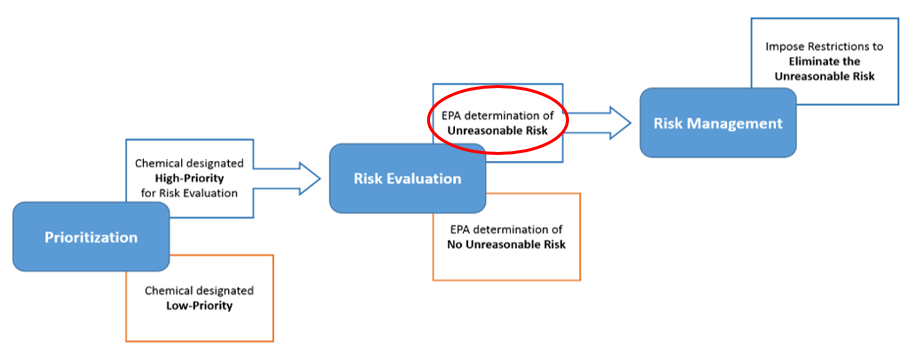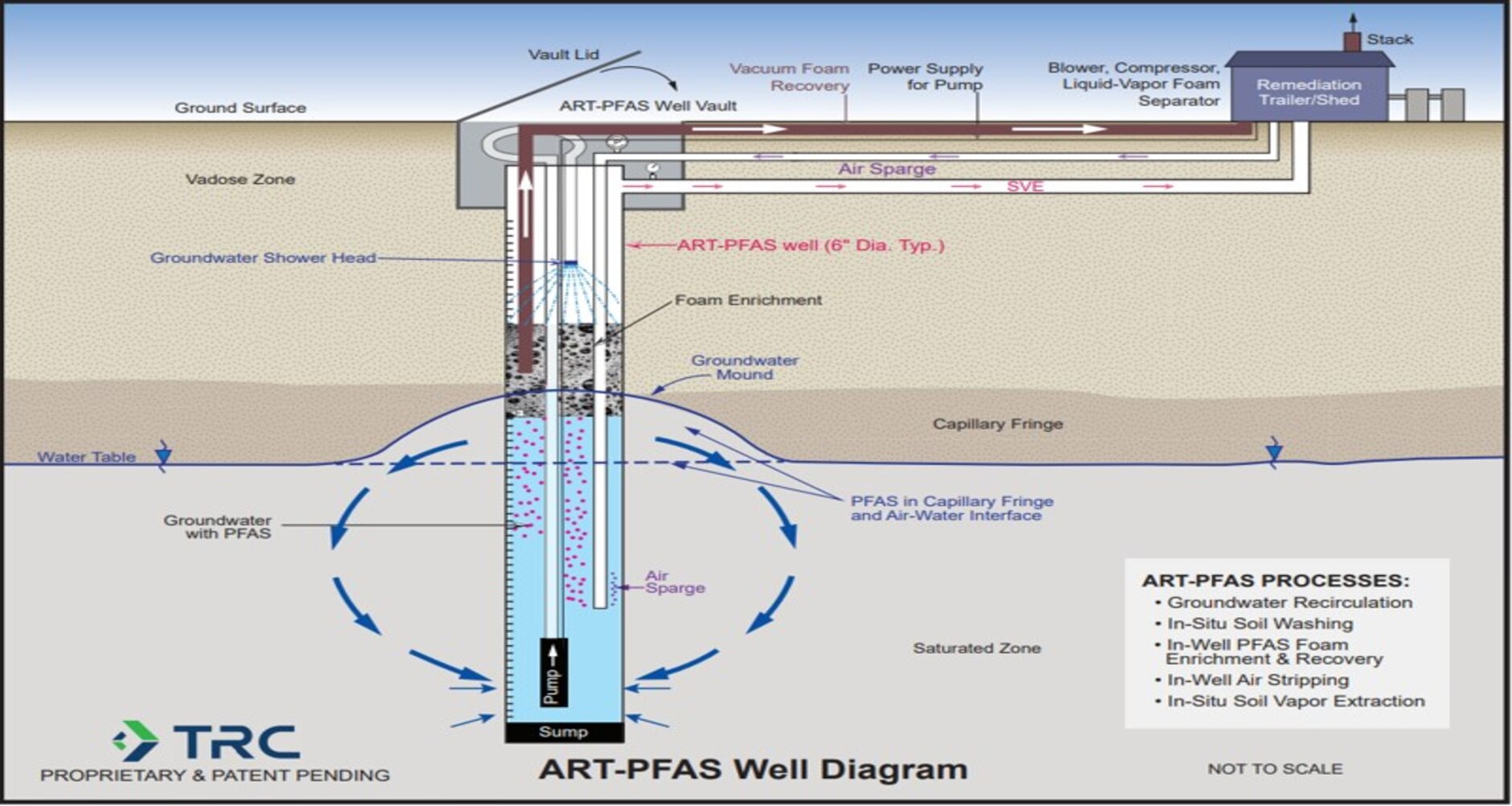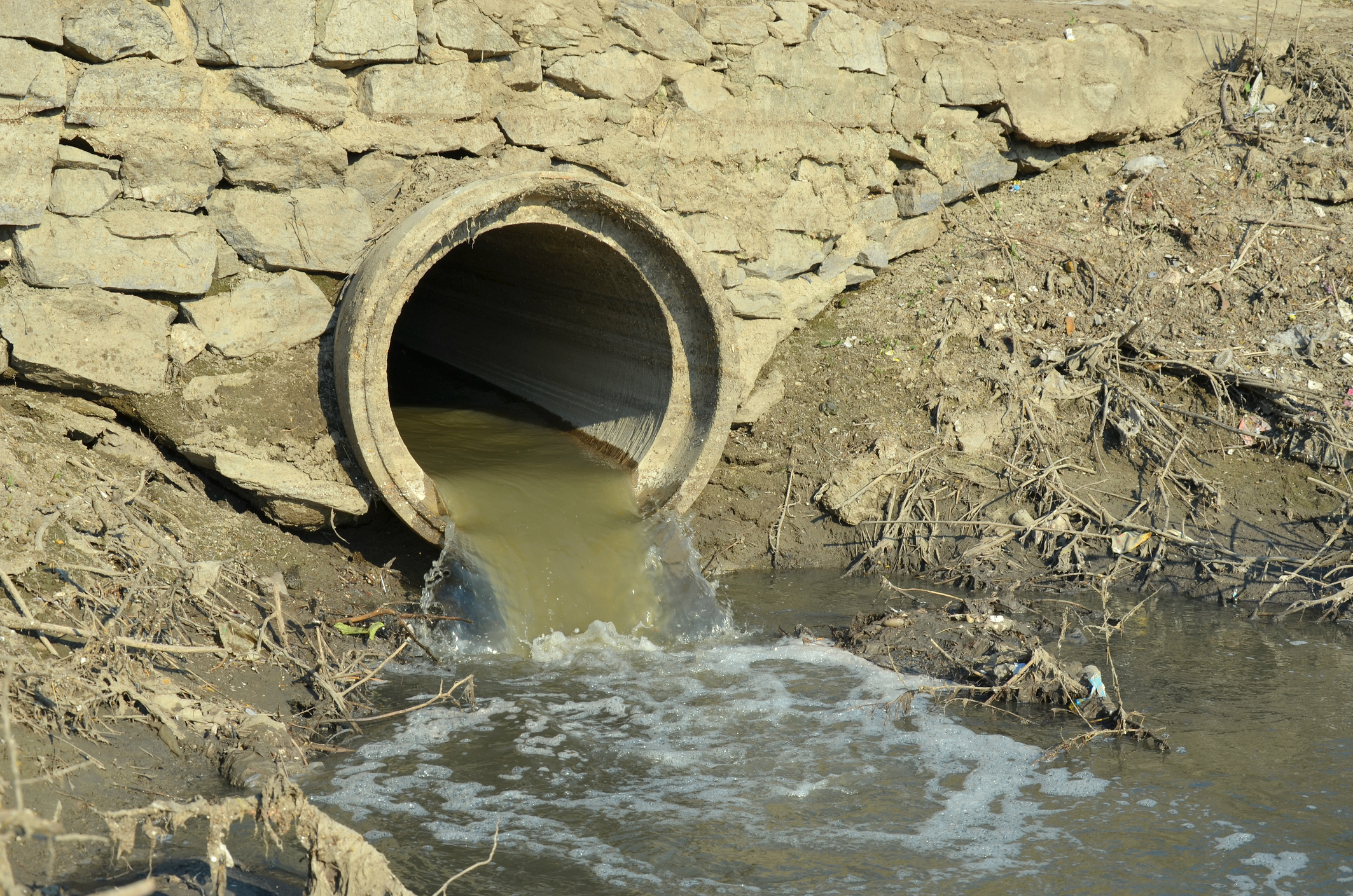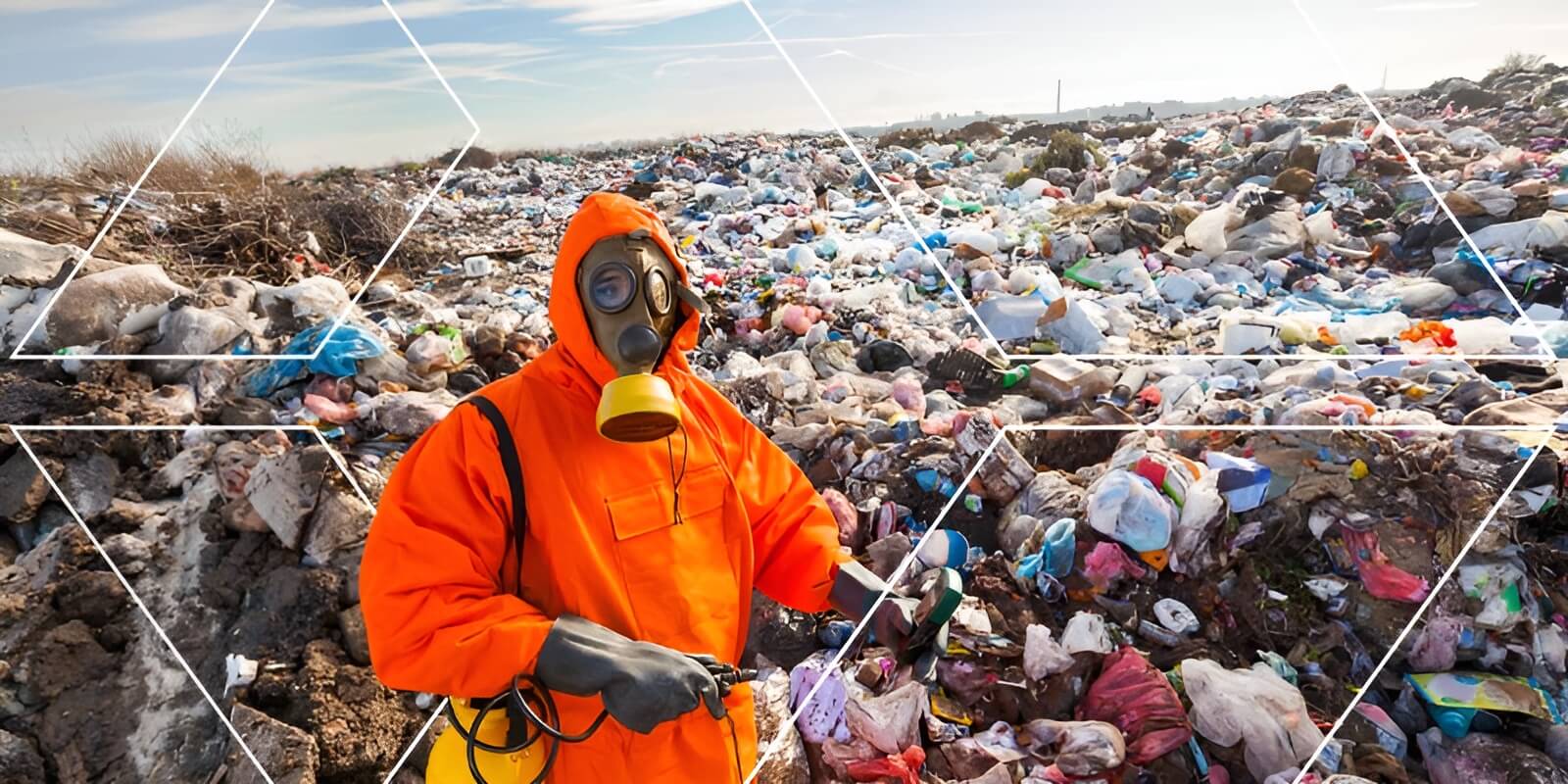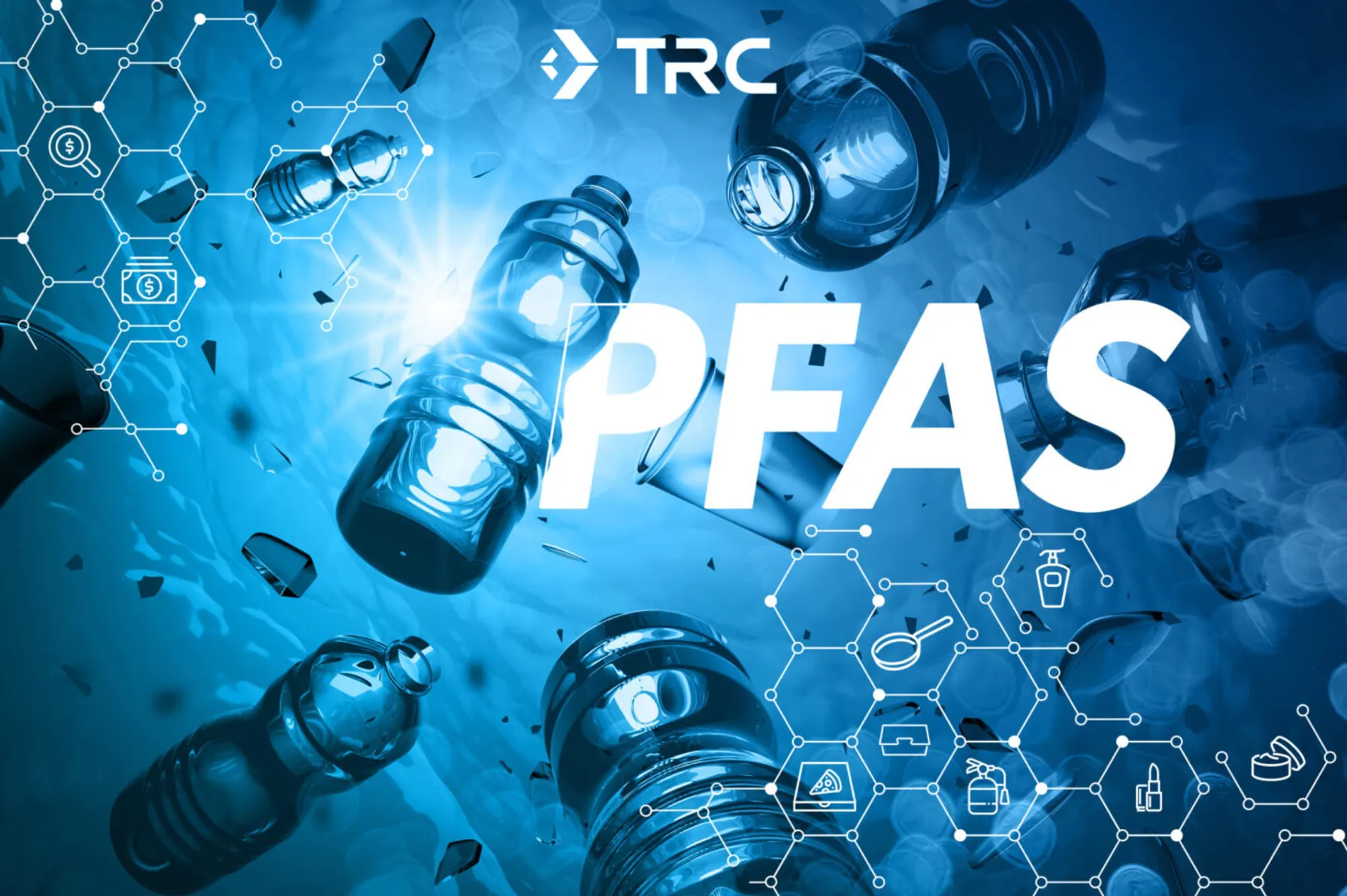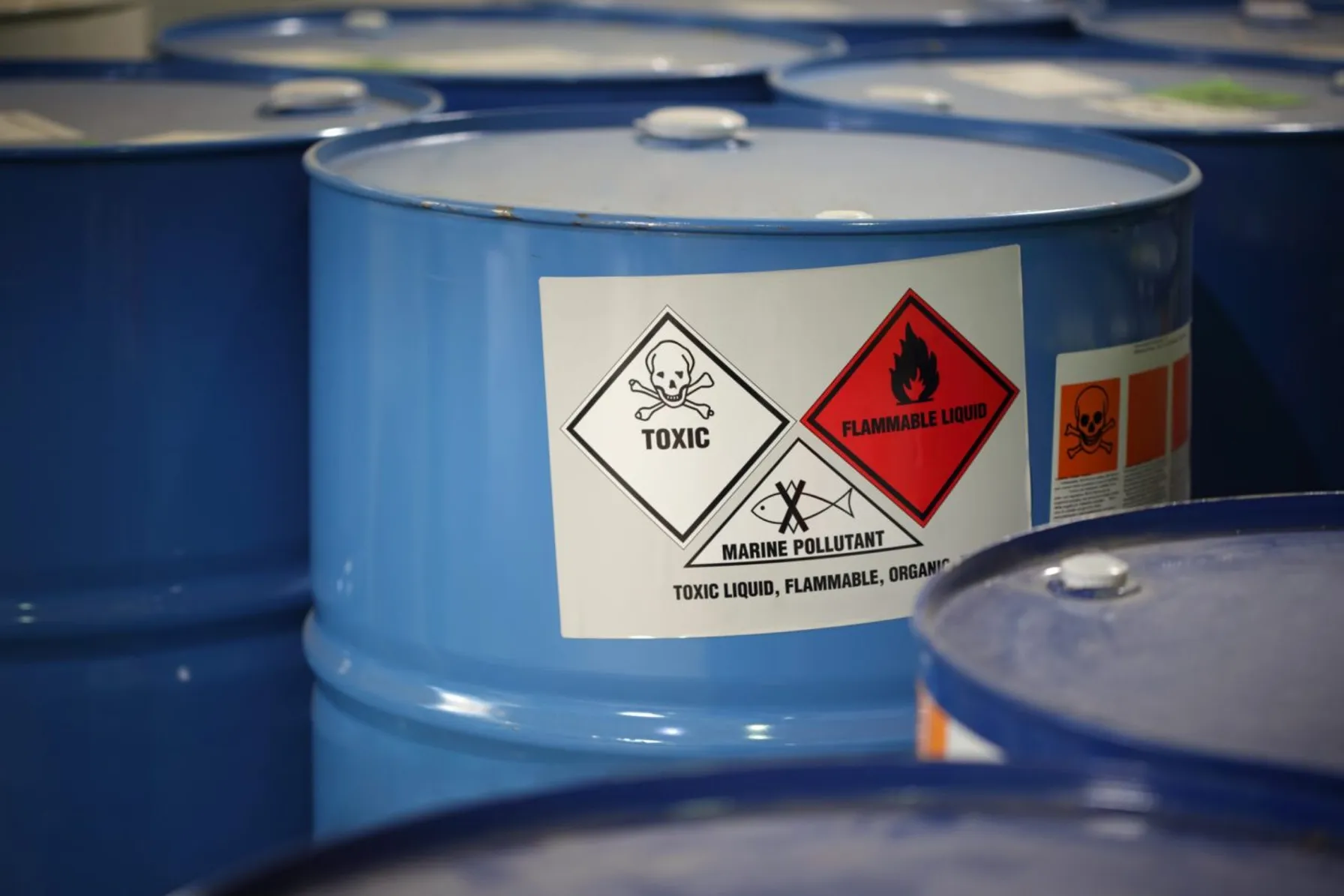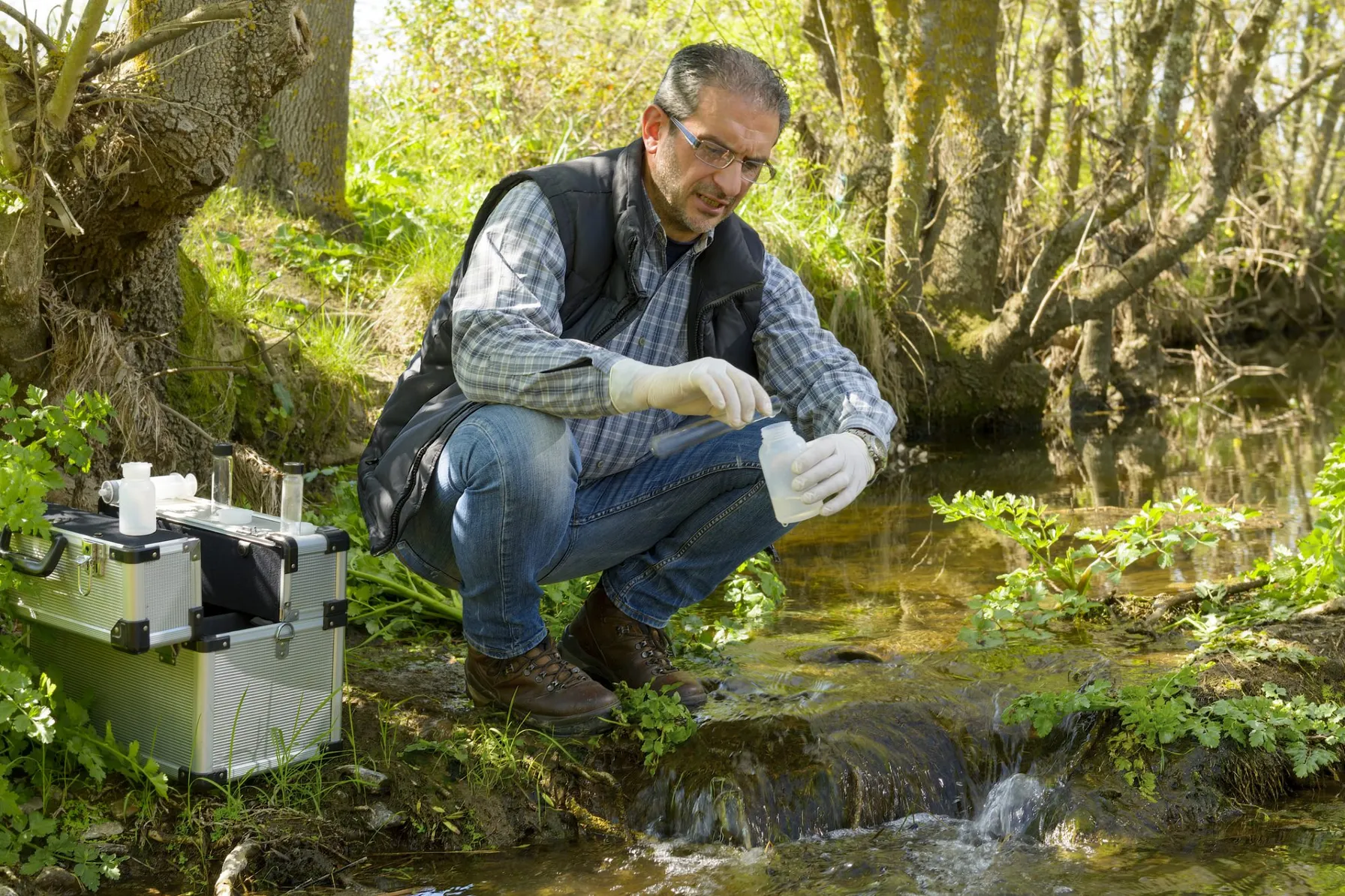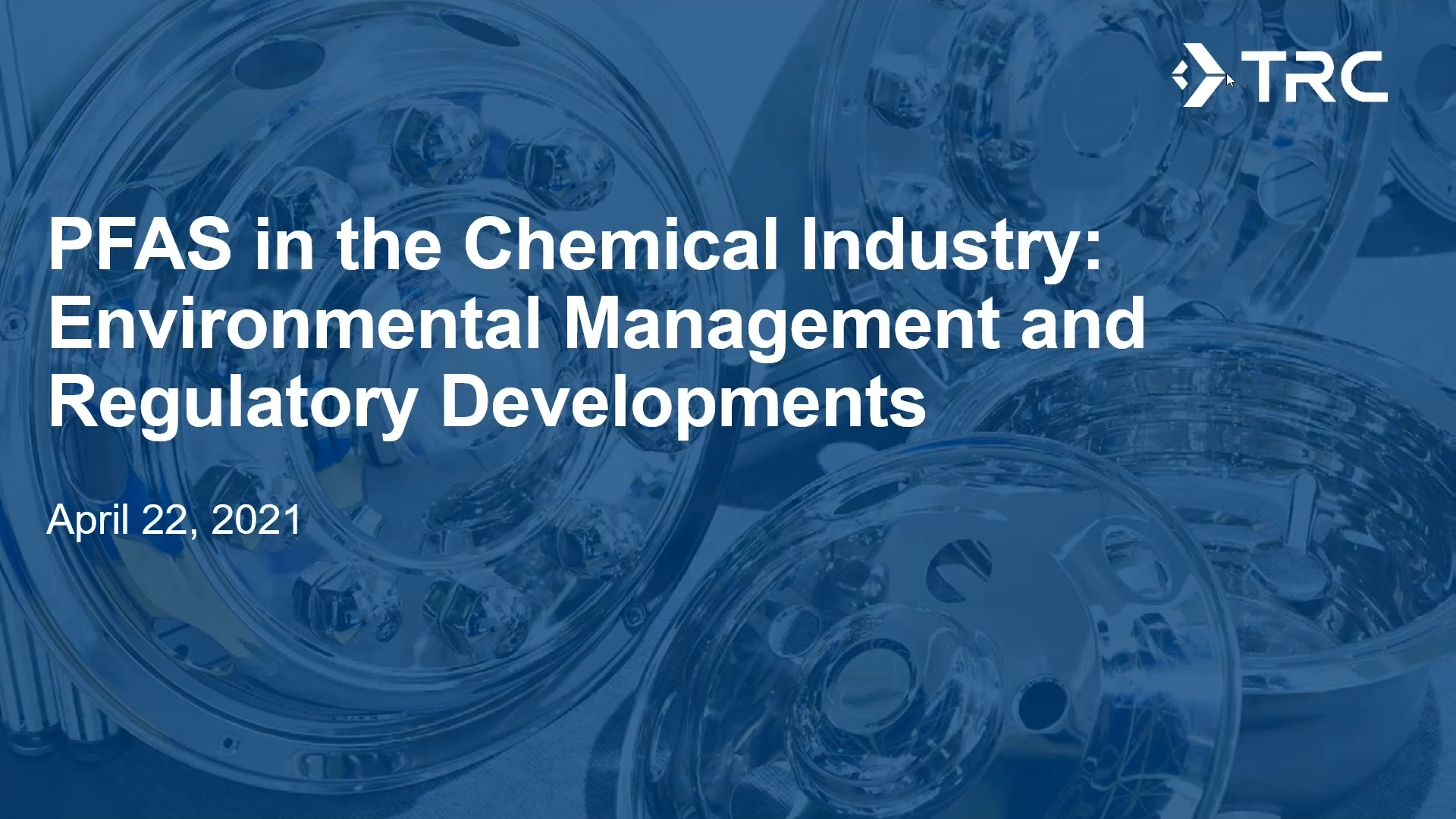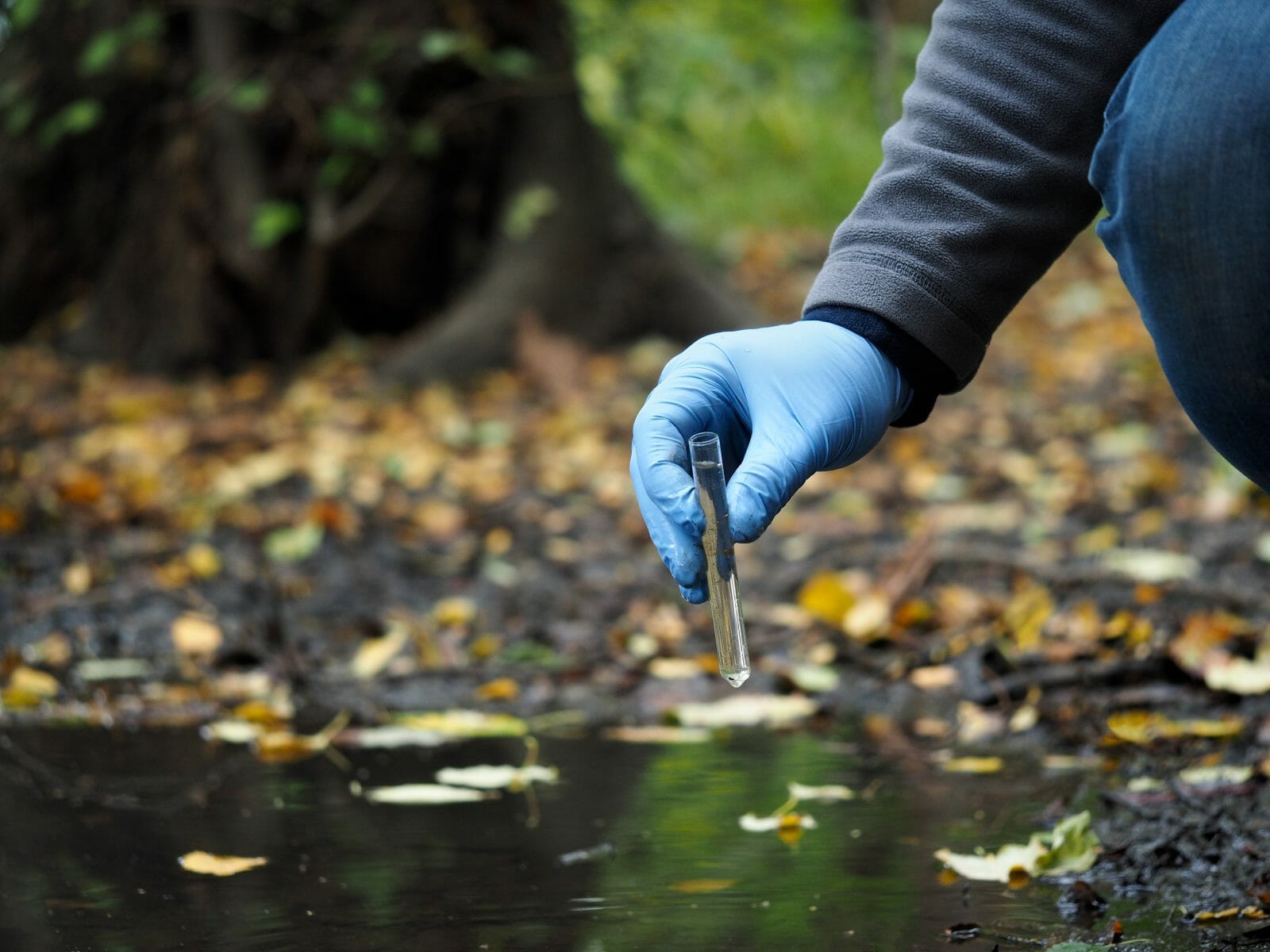Author: Faith Morse | April 6, 2023
Trichloroethylene TSCA Revision
On January 9, 2023, the United States Environmental Protection Agency (EPA) revised the Toxic Substance Control Act (TSCA) to reflect a new risk determination for trichloroethylene (TCE), indicating that TCE presents unreasonable health risks to workers, occupational non-users, consumers and bystanders. The EPA conducted a risk evaluation for TCE under its conditions of use (COUs) and determined that, as a “whole chemical substance”, TCE poses an unreasonable risk of injury to human health. This determination supersedes the previous use-specific no unreasonable risk determination previously issued by EPA.
Ten chemicals, including TCE, were selected to undergo a formal risk evaluation under the Frank R. Lautenberg Chemical Safety for the 21st Century Act (Lautenberg Chemical Safety Act), which amended TSCA in 2016 to evaluate and ensure public protection.
The Lautenberg Chemical Safety Act ensures improvements such as:
- Mandatory requirement for the EPA to evaluate existing chemicals with clear and enforceable deadlines
- Risk-based chemical assessments
- Increased public transparency for chemical information
- Consistent source of funding for EPA to carry out the responsibilities under the new law

Learn More From Our Technical Experts
TRC’s Center of Research and Expertise (CORE) is a multidisciplinary team led by proven subject matter experts in over 30 specialized technical areas. Our monthly CORE newsletter shares valuable insights on emerging technologies, significant challenges and innovative solutions present in many industries across the world. Our experts also share how they use their unique skills and experience to solve client issues and support our communities and the environment.
What is Trichloroethylene?

Products Containing TCE:
- Dry Cleaning Spot
- Cleaners
- Degreasers
- Adhesives
- Rubber Fillers
- Lubricants
Risk Evaluation Process and Timeline

Considerations for Evaluation
52 of the 54 COUs evaluated for TCE supported the unreasonable risk determination of TCE as a “whole chemical substance.” When evaluating risk, EPA considered a whole chemical risk determination approach, which means EPA looked at all conditions of use at the same time, regardless of whether a specific use is regulated under other environmental statutes. The EPA’s determination of risk is based on high-end exposure estimates, which account for uncertainties related to a worker’s appropriate use of personal protective equipment (PPE) and assumes no PPE for occupational non-users.
Health effects resulting from TCE exposure can be severe and irreversible. Adverse effects noted by the EPA include:
- Developmental toxicity
- Reproductive toxicity
- Liver toxicity
- Kidney Toxicity
- Immunotoxicity
- Neurotoxicity
- Cancer
Next Steps
The EPA will begin developing a risk management process to address and eliminate unreasonable risks presented by TCE, including:
- Regulatory action to ensure TCE will no longer present an unreasonable risk
- Focus risk management on the COUs that represent an unreasonable risks
Affected Workers and Occupational Non-user Sectors include manufacturing, wholesale and retail trade and professional and business services.
Risk Management
Given the evaluation that TCE poses an unreasonable health risk to workers and consumers, the EPA will likely propose regulations protective of the identified human health risks, such as worker protection requirements, or prohibiting some consumer uses.
There are several actions the EPA could take to address the unreasonable risk including prohibiting or limiting the manufacture, processing, distribution in the marketplace, commercial use or disposal of this chemical substance, and enacting worker protection requirements as applicable. Users should evaluate alternatives to TCE and monitor for developments on EPA risk management restrictions.
Conclusion
Although EPA has not taken action yet regarding its Unreasonable Risk Determination to workers, occupational non-users, consumers and bystanders, changes to worker protection requirements and limiting/prohibiting consumer use are eminent.
Sharing Our Perspectives
Our practitioners share their insights and perspectives on the trends and challenges shaping the market.

Evaluating Recent Clusters of Silicosis in Engineered Stone Workers
July 7, 2025
Engineered stone has become the most popular countertop material in the U.S. While its high silica content has raised health exposure concerns, these operations can be performed safely. Recent clusters of silicosis highlight the health implications if proper protocols and controls are not implemented.

Creating Lasting Value While Preparing for California’s Approaching Climate Disclosure Laws (SB253 and SB261)
June 17, 2025
Prepare for California’s new climate disclosure laws (SB253 & SB261) with guidance to turn compliance into long-term business value.

FERC Examines Co-Located Load and Generation Rule
April 21, 2025
Since FERC hosted its technical conference in late 2024, many industry stakeholders have submitted their comments addressing how to study and potentially regulate new co-located load and generation.

EPA Unveils Largest Deregulatory Initiative in U.S. History
April 1, 2025
Environmental Protection Agency (EPA) Administrator Lee Zeldin has announced the Agency’s plan to undertake 31 deregulatory actions with the stated goal of driving down the cost of living for Americans and revitalizing the American energy and auto industry.

PM2.5 Annual NAAQS Revised
May 7, 2024
The U.S. EPA issued a final rule based on its reconsideration of its 2020 decision to retain the primary and secondary National Ambient Air Quality Standards (NAAQS) for particulate matter (PM) without revision.

NJDEP Issues Stormwater Management Updates and Amendments
April 12, 2024
The New Jersey Department of Environmental Protection (NJDEP) recently issued two new requirements pertaining to its New Jersey Pollutant Discharge Elimination System (NJPDES) program that affect municipality mapping requirements and the sizing of new stormwater management practices.

Changes to EPA’s Risk Management Program (RMP) Regulations Are Here
April 3, 2024
Changes to the Risk Management Program (RMP) regulations were signed into a final rule on February 27, 2024, by EPA Administrator Michael S. Regan.

Are You Prepared for 2024 TSCA Chemical Data Reporting?
October 9, 2023
Chemical Data Reporting (CDR), like the Olympics, occurs every four years, and then most facilities move on to more pressing environmental, health and safety (EHS) matters.

Intro to NERC Regulatory Guidance on Inverter-Based Resources
August 29, 2023
As renewable energy proliferates across the US power system, the North American Electric Reliability Corporation (NERC) continues to actively address reliability risks resulting from the implementation of inverter-based resources (solar and wind generation technology) connected at both transmission and Distributed Energy Resources (DER) levels.

Proposed Use of a Hazard Index for PFAS National Primary Drinking Water Regulation (NPDWR)
April 4, 2023
The Proposed MCL and MCLG for the four PFAS, PFNA, PFHxS, GenX, and PFBS, considers their toxicity as additive. The EPA has proposed a HI of 1.0 as the MCL and MCLG for the four PFAS combined.

NERC Releases Inverter-Based Resource Strategy Plan
October 25, 2022
The North American Electric Reliability Corporation (NERC) recently released an Inverter-Based Resource (IBR) Strategy, which details the steps needed to successfully integrate IBR facilities into the planning and operation of the power system. The strategy was put in place due to the rapid interconnection of IBR systems, which are extensively used for solar and wind generating facilities, including new battery-based energy storage systems and are one of the most significant drivers of power grid transformation. Because of control system inconsistencies, IBR facilities pose well-documented risks to power system reliability when this strategy’s practices are not adhered to. NERC’s plan calls attention to the need for thoughtful integration of IBRs and identifies current and future work required to mitigate reliability risks resulting from the deployment of this technology.

NERC Releases 2022 State of Reliability Report
September 16, 2022
The North American Electric Reliability Corporation (NERC) recently released its 2022 State of Reliability report, which examines power system performance in calendar year 2021 and evaluates reliability performance trends. The 2022 report identified six key findings regarding power system performance that are summarized as follows:

NERC Proposes Implementation Guidance for PRC-019-2
August 22, 2022
NERC has proposed implementation guidance for PRC-019-2, the standard that verifies coordination of generating unit facility or synchronous condenser voltage regulating controls, limit functions, equipment capabilities and protection system settings.

Revisions to FAC-001 and FAC-002 Submitted for FERC Approval
July 12, 2022
Reliability Standards FAC-001-4 and FAC-002-will resolve uncertainty regarding the meaning of “materially modify” under the currently effective standards.

FERC Order No. 881-A Has Implications for NERC Compliance Programs
June 23, 2022
Updated Order will have significant impact on NERC compliance programs related to both PRC standards and facilities ratings. Utilities should review the Order’s requirements and prepare for changes needed to remain compliant.

Climate Action and Environmental Justice are at the Forefront of EPA’s Strategic Plan
June 14, 2022
The EPA issued its Fiscal Year 2022-2026 Strategic Plan. Although the strategic plans emphases often change with administrations, we can be reasonably certain that the Plan reflects priorities through 2024.

NERC’s Revised PRC-024-3 Standard for Inverter-Based Generation Effective in October 2022
May 11, 2022
Changes to PRC-024-3 in support of inverter-based generation performance are going into effect in October of this year. Interconnection programs and documentation procedures may need to be updated in order to maintain compliance.

FERC Issues Notice of Inquiry Regarding Dynamic Line Ratings
April 25, 2022
There are significant technical challenges involved in implementing Dynamic Line Ratings in the planning and operation of utility systems. Utilities should be prepared to modify their NERC compliance programs as necessary to address the potential introduction of DLR in their businesses.

New NERC Guidance Supports the Implementation of Grid Forming Inverters
March 8, 2022
NERC has issued a new report highlighting the key attributes of various inverter controls to support proper implementation and to protect reliability.

NERC Recommends Approaches for Underfrequency Load Shedding Programs
February 24, 2022
In a recently released reliability guideline, NERC recommends additional approaches for Underfrequency Load Shedding (UFLS) program design to help utilities effectively consider the effects of Distributed Energy Resources (DERs). The guidance was developed to address the accelerated transition of the power system to locally installed, decarbonized resources that depend on inverters. These new technologies introduce operational controls issues into the electric grid. UFLS data gathering and analysis methodologies may require modification to address reliability risks.

NERC and FERC Recommend Protection System Commissioning Improvements
January 18, 2022
Between 18 and 36 percent of reported utility misoperations were attributed to issues that could have been detected through a properly implemented PSC.

FERC & NERC Issue Joint Report on Freeze Reliability Failures
December 15, 2021
The in-depth report outlines twenty-eight recommendations to address freeze reliability failures, including operating practices and recommendations for NERC standards modifications surrounding generator winterization and gas-electric coordination.

NERC Accelerates Additional Cold Weather Standards Changes
November 22, 2021
At its November 2021 meeting, NERC’s Board of Trustees took aggressive action to advance critical cold weather Reliability Standards. Most notably, the group approved the 2022-2024 Reliability Standards Development Plan, which prioritizes standards projects for the coming years including a resolution to include new cold weather operations, preparedness and coordination standards as high priority development projects.

PRC-002-2 Disturbance Monitoring and Reporting Standard: Initial Mandatory Implementation Plan Dates Approach
November 18, 2021
The Federal Energy Regulatory Commission approved PRC-002-2 in September, 2015. The initial due date for system studies necessary to identify locations for the collection of disturbance related data under Requirement R1 is January 1, 2017.

OSHA’s National Emphasis Program on Heat-Related Illness and Injuries
November 3, 2021
On September 20, 2021 in an OSHA National News Release, OSHA published a memorandum establishing an enforcement initiative that is designed to prevent and protect employees from heat-related illnesses and death. This initiative, which develops a National Emphasis Program (NEP) on heat inspections, is an expansion of an already existing Regional Emphasis Program (REP) in OSHA’s Region VI, which covers Arkansas, Louisiana, New Mexico, Oklahoma and Texas.

New Potential Compliance Standards Identified at FERC Technical Conference on Reliability
October 18, 2021
With a focus on the reliability impact of extreme weather and the shortcomings of current system planning approaches, both NERC and FERC conference participants opened the door to potential forthcoming compliance standard enhancements or changes.

NJDEP Implements New Jersey Environmental Justice Law Through Administrative Order
October 5, 2021
On September 22, 2021, the New Jersey Department of Environmental Protection (NJDEP) Commissioner announced the issuance of Administrative Order (AO) No. 2021-25 to implement New Jersey’s Environmental Justice (EJ) Law. This order is effective immediately, and applicants seeking to site new major source facilities, renew major source permits or expand existing facilities with major source permits (e.g., Title V air permits) in overburdened communities are affected. There are more than 4.5 million people that live within 331 municipalities that are overburdened communities in the state of New Jersey.

OSHA Returns to In-Person Inspections As COVID-19 Restrictions Lift
August 4, 2021
The Occupational Safety and Health Administration (OSHA) is authorized by the Occupational Safety and Health Act of 1970 (OSH Act) to assure employers provide safe and healthful work conditions free of recognized hazards and by setting and enforcing standards and providing training, outreach, education and technical assistance. OSHA has recently announced the return to in-person inspections as COVID-19 restrictions begin to lift.

NERC Proposes Revisions to CIP-008
March 27, 2021
NERC’s CIP-008 standard aims to mitigate reliability risks resulting from a Cyber Security Incident by specifying incident response requirements. Newly proposed revisions would augment mandatory reporting to include incidents that compromise, or attempt to compromise, a utility’s Electronic Security Perimeter (ESP) or associated Electronic Access Control or Monitoring Systems (EACMS).

NERC Releases 2021 Compliance Monitoring and Enforcement Findings
February 8, 2021
NERC’s 2021 Compliance Monitoring and Enforcement Program reframes the previous year’s risks and their associated areas of focus. Utilities should review their compliance programs and internal controls to determine if enhancement or changes are need to maintain compliance.

2020 TSCA Chemical Data Reporting (CDR)
December 7, 2020
Earlier this year, EPA revised the CDR rule to reflect the 2016 amendments to TSCA, including changes for foreign-owned businesses and the reporting responsibilities of suppliers and contractors, as well as an exemption for small businesses.

Integrity Dig Integrated Services
August 4, 2020
Our Integrity Engineers, Surveyors, Right-of-Way Experts and Environmental Scientists are well-versed in all phases of integrity dig programs from preparing the pipeline for a tool run, interpreting results, verifying proper repair procedures and obtaining federal and state environmental approvals. Our team includes former pipeline operators, survey experts, PHMSA and environmental regulators and trainers. We developed the current ILI training curriculum for PHMSA’s training program.

Targeting Perfection in the Construction and Operation of Pipelines
October 18, 2019
To have an impact on the delivery or operation of a pipeline, it’s vital to eliminate the intra- and inter-company barriers, including those in the areas of communications, culture and technology.

PHMSA Publishes New Rules to Increase the Safety of Hazardous Liquid Pipelines and Gas Transmission Pipelines
September 25, 2019
The Pipeline and Hazardous Materials Safety Administration this week published important new rules aimed at improving pipeline safety.

NERC Calls for New Approach to Reliability Planning Due to Gas Supply Disruption Risks
December 14, 2017
A recently published NERC report concludes that as reliance on natural gas to meet electric generation requirements increases, additional planning and operational measures must be considered to mitigate power system reliability risks.

TRC’s Webinar On-Demand ART-PFAS Technology
May 7, 2025
TRC’s Nidal Rabah and Brendan Lazar present ART-PFAS, an award-winning in-situ alternative to pump-and-treat for remediating PFAS and VOCs in groundwater.

Treatment of PFAS to Allow for Beneficial Use of Impacted Dredged Sediments
July 18, 2024
Approximately 200 to 300 million cubic yards of sediment are dredged each year by the US Army Corps of Engineers (USACE) and other federal interests (USEPA, 2007).

Coming at You Fast – The Latest on RCRA and PFAS Regulations
March 1, 2024
The EPA published its Proposed Rule for Listing of Specific PFAS as Hazardous Constituents under the Resource Conservation and Recovery Act (RCRA).

New EPA Rule Impacts PFAS TRI Reporting and Supplier Notifications
November 20, 2023
What Affected Facilities Need to Know About Applicability, Reporting Changes and Deadlines

EPA Proposes Changes to Air Emissions Reporting Requirements (AERR)
August 30, 2023
The EPA is proposing updates to their Air Emissions Reporting Requirements (AERR) through amendments to 40 CFR Parts 2 and 51.

How Does PFAS Contamination Impact the Environment?
August 11, 2023
PFAS are widely used in the production of numerous products. Some PFAS chemicals are the by-product of manufacturing processes. As a result, PFAS contamination is widespread, with PFAS being found nearly everywhere in the world.

Helping Airports Identify and Mitigate PFAS Risks
May 30, 2023
This white paper focuses on some unique strategies and situations we have encountered at some airport sites.

EPA Finds Trichloroethylene Presents Unreasonable Risk in Final Risk Evaluation
April 6, 2023
On Jan 9, 2023, the United States Environmental Protection Agency (EPA) revised the Toxic Substance Control Act (TSCA) to reflect a new risk determination for trichloroethylene (TCE).

Proposed Use of a Hazard Index for PFAS National Primary Drinking Water Regulation (NPDWR)
April 4, 2023
The Proposed MCL and MCLG for the four PFAS, PFNA, PFHxS, GenX, and PFBS, considers their toxicity as additive. The EPA has proposed a HI of 1.0 as the MCL and MCLG for the four PFAS combined.

Proposed MCLGs and MCLs for PFAS
March 15, 2023
Final Regulatory Determination for Contaminants on the Fourth Drinking Water Contaminant Candidate List

QA and Chemistry Services
February 23, 2023
TRC offers many QA and Chemistry services including data usability assessments, limited and full data validation reports, quality assurance project plan preparation, selection of appropriate analytical methodologies and laboratory audits.

PFAS Fate and Transport
February 23, 2023
Understanding PFAS properties and behavior is key to effective detection and remediation.

PFAS Fate and Transport: Conceptual Site Models
February 23, 2023
The conceptual site model describes site-specific sources, release and transport mechanisms, exposure media, exposure points, exposure pathways and routes and potential human and/or ecological receptor populations.

EPA Announces $2 Billion in Funding to Address Emerging Contaminants in Drinking Water
February 14, 2023
Environmental Protection Agency Administrator Michael Regan announced $2 Billion in infrastructure funding to help the nation’s rural water supplies.

EPA Publishes Effluent Guidelines Program Plan 15
February 14, 2023
The EPA announced updated effluent limitations guidelines under Plan 15, focusing on the evaluation and rulemaking process for per- and polyfluoroalkyl substances (PFAS) discharges.
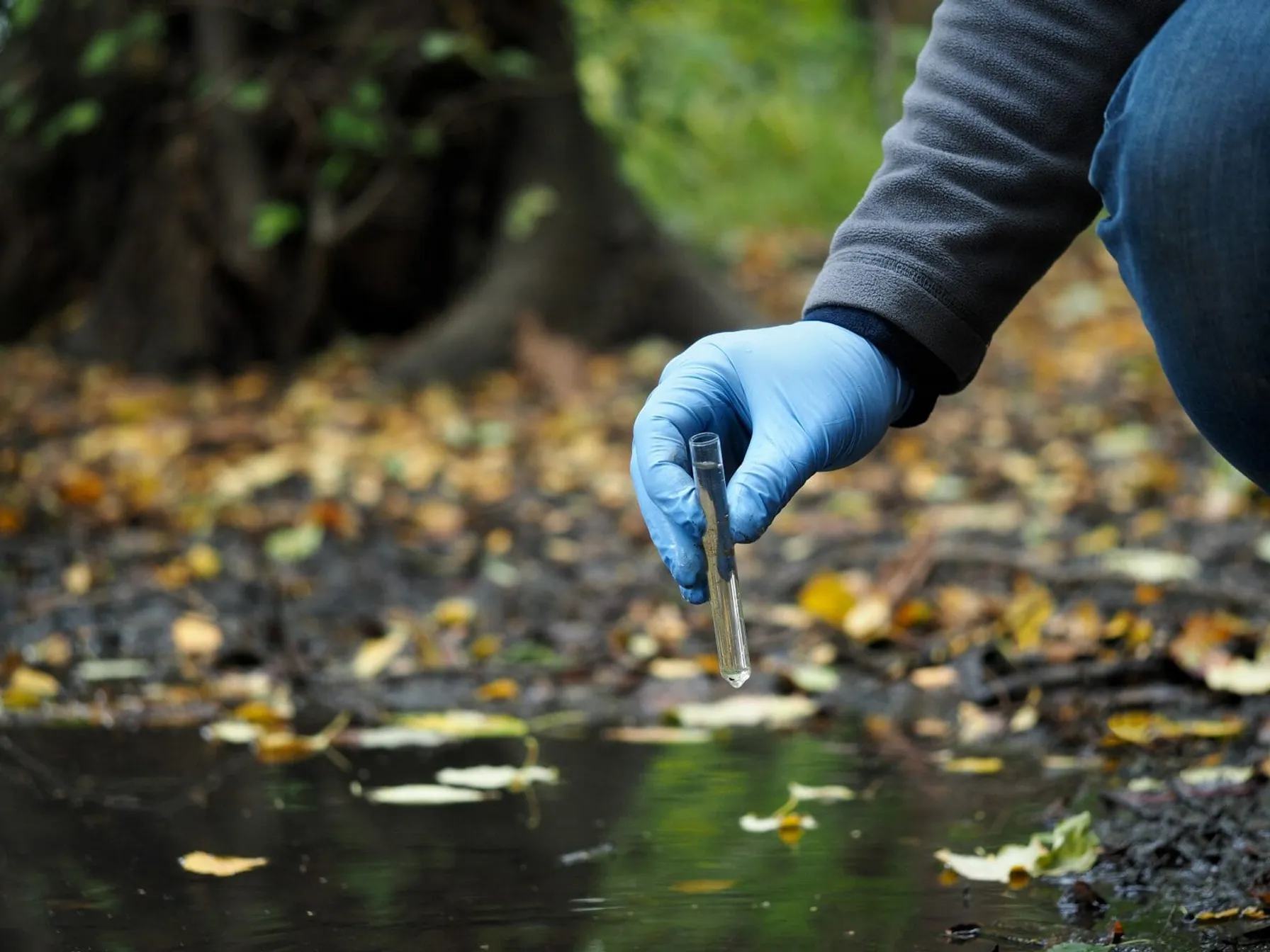
PFAS: Remedial Approaches
February 8, 2023
Remediating Per- and poly-fluoroalkyl substances (PFAS) from the soil and water requires effective techniques and innovative technologies. TRC’s experts are well versed in several remediation strategies intended to remove PFAS and prevent re-exposure.

TRI PFAS Reporting Requirements Continue to Expand
January 25, 2023
The list of PFAS for TRI reporting has increased to a total of 189 for reporting year 2023.
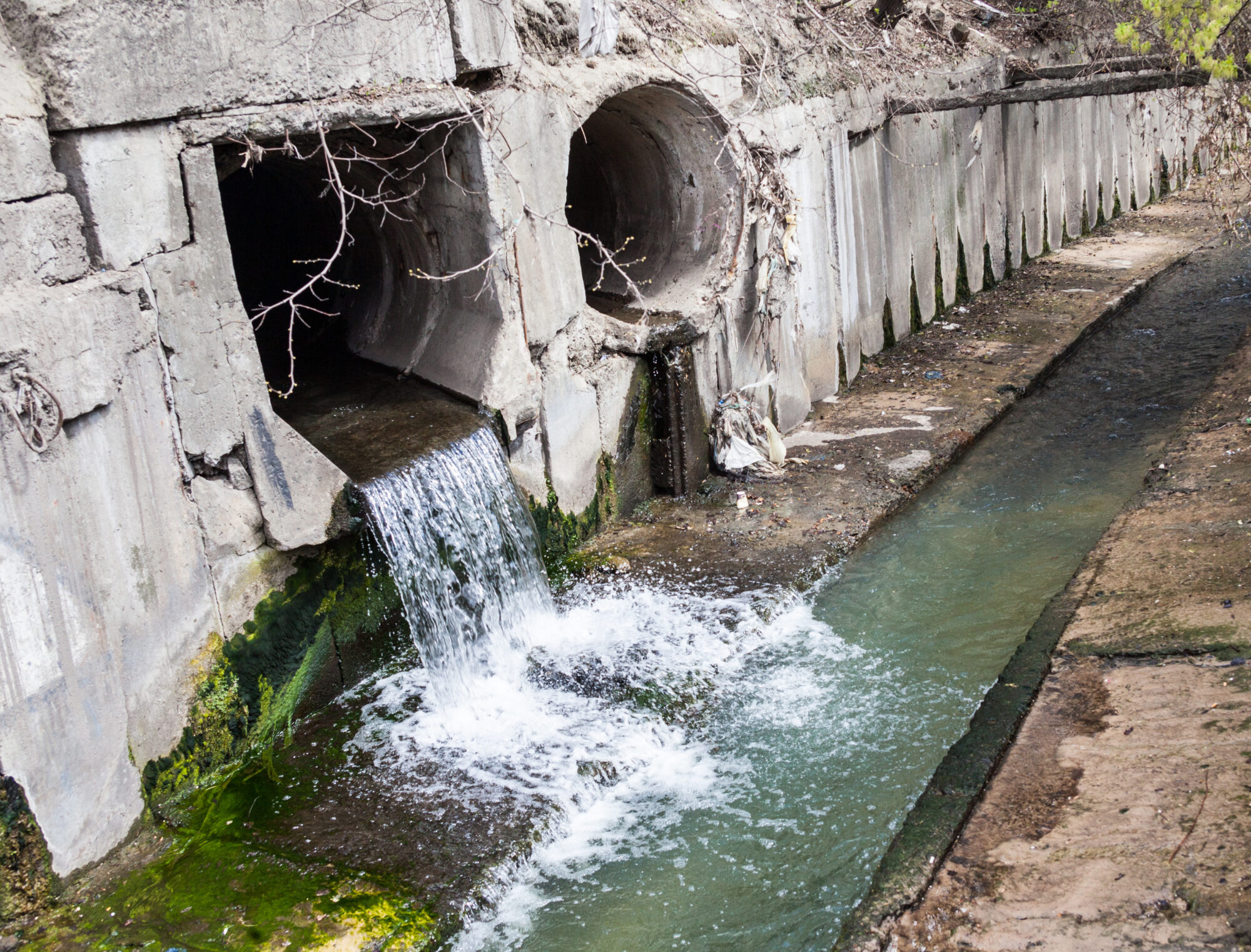
PFAS Discharges in NPDES Permits
December 19, 2022
In a follow-up to the EPA Office of Water’s April 28, 2022 memo, EPA released “Part 2″, providing guidance for the NPDES permitting/pretreatment program as it relates to restricting discharges of PFAS to water bodies.

Washington State Establishes PFAS Cleanup Levels
September 21, 2022
The Washington State Department of Ecology (Ecology) recently published a list of 6 PFAS compounds that now have soil and groundwater cleanup levels

New National Emerging Contaminants Research Initiative
September 12, 2022
The Executive Office of the President of the United States announced a National Emerging Contaminant Research Initiative

EPA Issues Proposed Rule Designating PFOA and PFOS as Hazardous Substances
September 7, 2022
The EPA has issued a pre-publication version of a proposed rule to designate two PFAS compounds as hazardous substances under CERCLA.

Five New PFAS Added to EPA Regional Screening Levels (RSLs)
June 24, 2022
EPA announced the addition of five new PFAS to the list of Regional Screening Levels (RSLs)

EPA Announces Updated Drinking Water Health Advisories for Four PFAS Chemicals: PFOS, PFOA, PFBS, & GenX
June 24, 2022
On June 15, 2022, the EPA released updated Health Advisory Levels for four per- and polyfluoroalkyl substances (PFAS) in drinking water

Integrating Sustainability, Digital Connectivity and Design Optimization in Wastewater Treatment Systems
June 20, 2022
Some organizations rarely think about water and wastewater treatment, until there is a problem. American industry depends on the ability to treat wastewater discharges while complying with regulatory standards and addressing emerging contaminants. If wastewater treatment fails, our environment is negatively impacted, and companies are exposed to shutdowns, delays and fines.

Worst Case Discharges of Hazardous Substances – Proposed Rule
May 25, 2022
In compliance with the Clean Water Act (CWA), the U.S. Environmental Protection Agency (EPA) recently proposed a new rule for onshore non-transportation-related facilities requiring specified facilities to plan for worst case discharges (WCDs) of CWA hazardous substances that could cause substantial harm to the environment.

PFAS Discharges and NPDES Permits
May 25, 2022
On April 28, 2022, the U.S. Environmental Protection Agency’s (EPA) Office of Water released a memo addressing the use of National Pollutant Discharge Elimination System (NPDES) permits to restrict per- and poly-fluoroalkyl substances (PFAS) discharges to water bodies.

EPA Proposes Aquatic Life Criteria for PFOA and PFOS
May 25, 2022
On May 3, 2022, under the Clean Water Act (CWA), the United States Environmental Protection Agency (USEPA) proposed the first aquatic life criteria for both short-term and long-term toxic effects from Perfluorooctanoic Acid (PFOA) and Perfluorooctane Sulfonic Acid (PFOS).

SEC Releases New Proposed Rules Requiring Public Companies to Disclose Climate Risks
April 12, 2022
On March 21, 2022, the U.S. Securities and Exchange Commission (SEC) issued its proposed rules for The Enhancement and Standardization of Climate-Related Disclosures for Investors which would require public companies in the U.S. to disclose information in their annual financial reports.

PFOA & PFOS As CERCLA Hazardous Substances: What Does This Mean and How Can You Be Prepared?
February 17, 2022
A plan to designate two per- and polyfluoroalkyl substances (PFAS) as “hazardous substances” under CERCLA was recently submitted by the EPA.

New Phase I ESA Standard Will Affect Environmental Due Diligence
January 25, 2022
After years of review, revisions and discussions, the new ASTM E1527 Phase I Environmental Site Assessment (Phase I ESA) standard has been published. The new standard includes updates to definitions, clarifications on processes and requirements, and guidance for emerging contaminants.

Fifth Unregulated Contaminant Monitoring Rule Lists 29 PFAS
January 21, 2022
EPA published fifth Unregulated Contaminant Monitoring Rule as required every five years and 29 of the 30 contaminants listed are PFAS.

Need help collecting PFAS samples for NJDEP deadline December 15?
October 7, 2021
NJDES Category B or L Industrial Permit holders – If you haven’t obtained your first PFAS sample yet, time is running out. All New Jersey Pollutant Discharge Elimination System (NJDES) Category B or L Industrial Permit holders are required by the New Jersey Department of Environmental Projection (NJDEP) to collect two representative effluent samples, taken 30 days apart, to be analyzed for PFAS by an approved laboratory and submitted to them by December 15, 2021.

Interpretation of “Waters of the United States” (WOTUS) Reverts to Pre-2015 Regulatory Definition
September 29, 2021
Environmental Protection Agency (EPA) and U.S. Army Corps of Engineers (ACOE) revert to pre-2015 regulatory program definition of “Waters of the United States.”

EPA Solicits Comments on PFAS Discharges in Five Point Source Categories
September 23, 2021
EPA solicits comments in five point source categories (PSCs) in the manufacture, use, treatment and discharge of PFAS.

PFAS Air Emissions Standards and Trends for Summer 2021
August 17, 2021
Environmental impacts of PFAS in ambient air leads to states implementing PFAS air-related thresholds.

Cryptocurrency: The Environmental Threats and Opportunities
August 9, 2021
Cryptocurrency (also known as crypto) is taking the fintech industry by storm, despite the economic experts who still dismiss it as a viable form of currency. Although often criticized for this volatility, whistleblowers are also further shining a light on the severe toll that these digital currencies are taking on the environment.

TRC Colorado PFAS Regulatory Update
July 21, 2021
Update on Colorado’s recent policies and plans to regulate new and historical discharges of per- and polyfluoroalkyl substances (PFAS) into the environment.

2021 EPA TRI Reporting Requirements for Natural Gas Processing Facilities
July 12, 2021
Indication EPA finalizing a rule to add natural gas extraction or processing plants to EPCRA Toxics Release Inventory (TRI) reporting.

Implementing bioremediation at environmental cleanup sites: TRC experts weigh in at leading industry conference
May 17, 2021
TRC experts make several presentations at the Battelle conference about innovative approaches they have developed for implementing and monitoring bioremediation and the use of naturally-occurring or deliberately-introduced micro-organisms to break down environmental pollutants.

Interim Guidance on Destruction and Disposal of PFAS & Materials Containing PFAS
February 19, 2021
Interim Guidance from EPA identifies 6 materials that use or manufacture PFAS and approaches for disposal.

EPA continues to aggressively address PFAS wastewater with two new strategies
January 4, 2021
EPA takes steps toward PFAS wastewater and storm water permitting, and analytical methods for testing.

TRC Companies Inc. Acquires 1Source Safety and Health
November 11, 2020
TRC Companies (“TRC”), a leading technology-driven provider of end-to-end engineering, consulting and construction management solutions, has acquired 1Source Safety and Health, a firm that provides management consulting services in areas such as indoor air quality, asbestos management, industrial hygiene and safety management systems.

Ecological Risk of PFAS from AFFF-Impacted Sites
June 30, 2020
The facts on evaluating exposure to wildlife

TRC’s Reporting Tool Can Help Identify New PFAS under the TRI
May 19, 2020
While utilities often work in technical silos, NERC auditors are trained to cross check compliance evidence and data between interrelated standards.

Evaluating Recent Clusters of Silicosis in Engineered Stone Workers
July 7, 2025
Engineered stone has become the most popular countertop material in the U.S. While its high silica content has raised health exposure concerns, these operations can be performed safely. Recent clusters of silicosis highlight the health implications if proper protocols and controls are not implemented.

EPA Reduces Residential Soil Screening Level for Lead
February 12, 2024
The U.S. Environmental Protection Agency Office of Land and Emergency Management released the Updated Residential Soil Lead Guidance for CERCLA Sites and RCRA Corrective Action Facilities
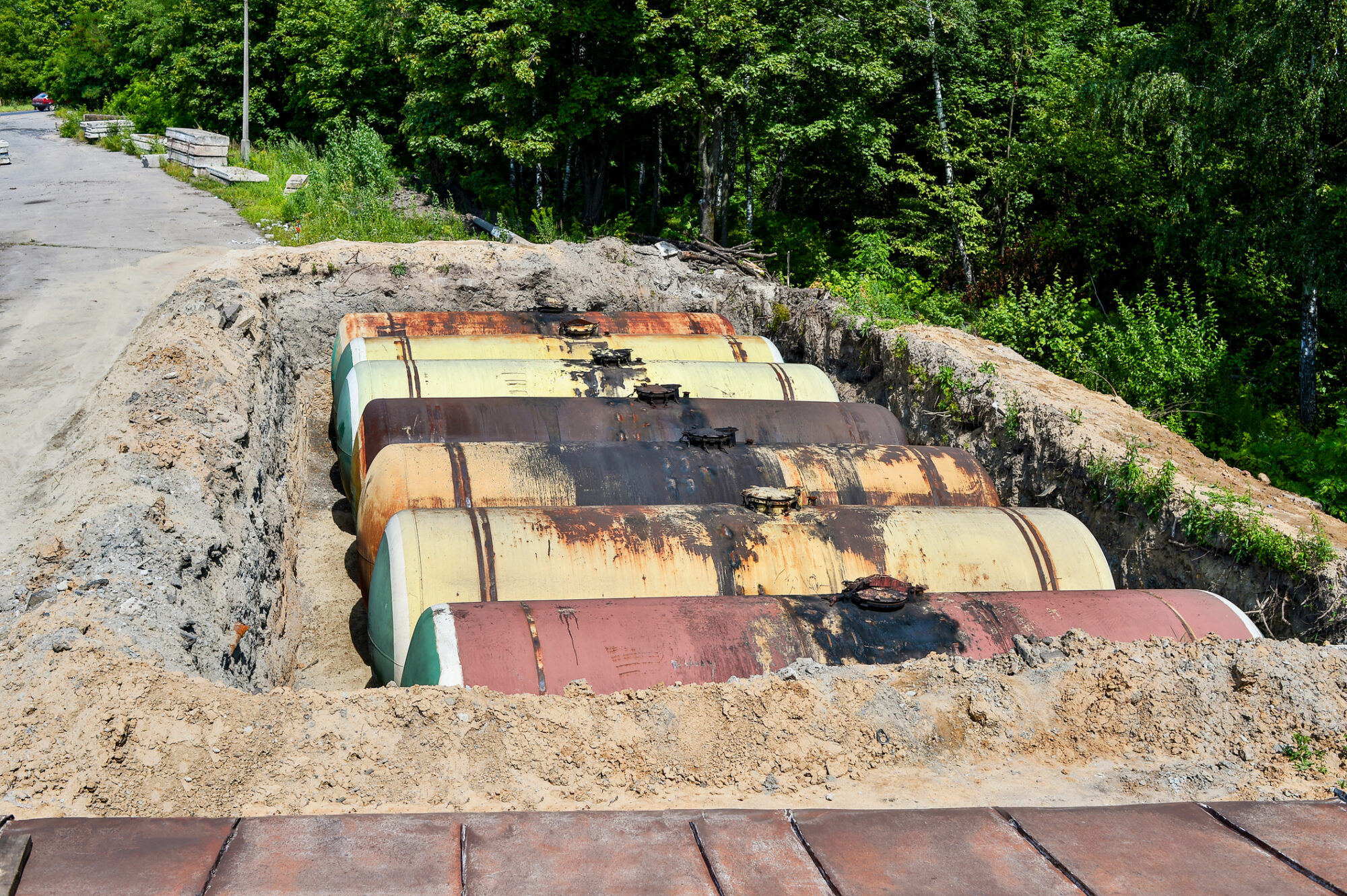
EPA Issues Clarification of Free Product Removal Requirements
June 20, 2023
EPA recently clarified requirements for LNAPL recovery and remediation.

EPA Finds Trichloroethylene Presents Unreasonable Risk in Final Risk Evaluation
April 6, 2023
On Jan 9, 2023, the United States Environmental Protection Agency (EPA) revised the Toxic Substance Control Act (TSCA) to reflect a new risk determination for trichloroethylene (TCE).

Proposed MCLGs and MCLs for PFAS
March 15, 2023
Final Regulatory Determination for Contaminants on the Fourth Drinking Water Contaminant Candidate List

Washington State Establishes PFAS Cleanup Levels
September 21, 2022
The Washington State Department of Ecology (Ecology) recently published a list of 6 PFAS compounds that now have soil and groundwater cleanup levels

New National Emerging Contaminants Research Initiative
September 12, 2022
The Executive Office of the President of the United States announced a National Emerging Contaminant Research Initiative

EPA Issues Proposed Rule Designating PFOA and PFOS as Hazardous Substances
September 7, 2022
The EPA has issued a pre-publication version of a proposed rule to designate two PFAS compounds as hazardous substances under CERCLA.

EPA Announces Updated Drinking Water Health Advisories for Four PFAS Chemicals: PFOS, PFOA, PFBS, & GenX
June 24, 2022
On June 15, 2022, the EPA released updated Health Advisory Levels for four per- and polyfluoroalkyl substances (PFAS) in drinking water

Ecological Risk of PFAS from AFFF-Impacted Sites
June 30, 2020
The facts on evaluating exposure to wildlife

TRC’s Reporting Tool Can Help Identify New PFAS under the TRI
May 19, 2020
While utilities often work in technical silos, NERC auditors are trained to cross check compliance evidence and data between interrelated standards.

Faith Morse
Faith is an Environmental Intern working on TRC’s environmental risk team. She has experience with environmental fieldwork, laboratory research and risk evaluations. In college, she conducted research focusing on the use of biochar as an emerging remedial technology for contaminated marine environments. As a recent graduate from Western Washington University, she holds a bachelor’s degree in Environmental Science with an emphasis in toxicology. Faith can be reached at FMorse@trccompanies.com.


